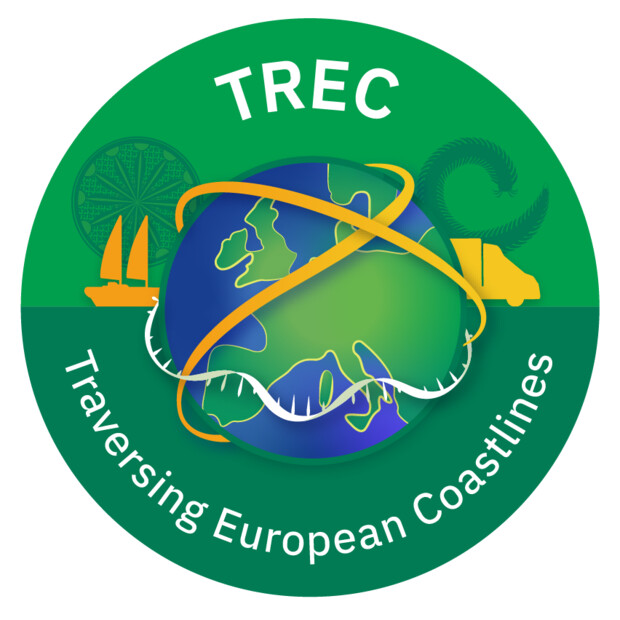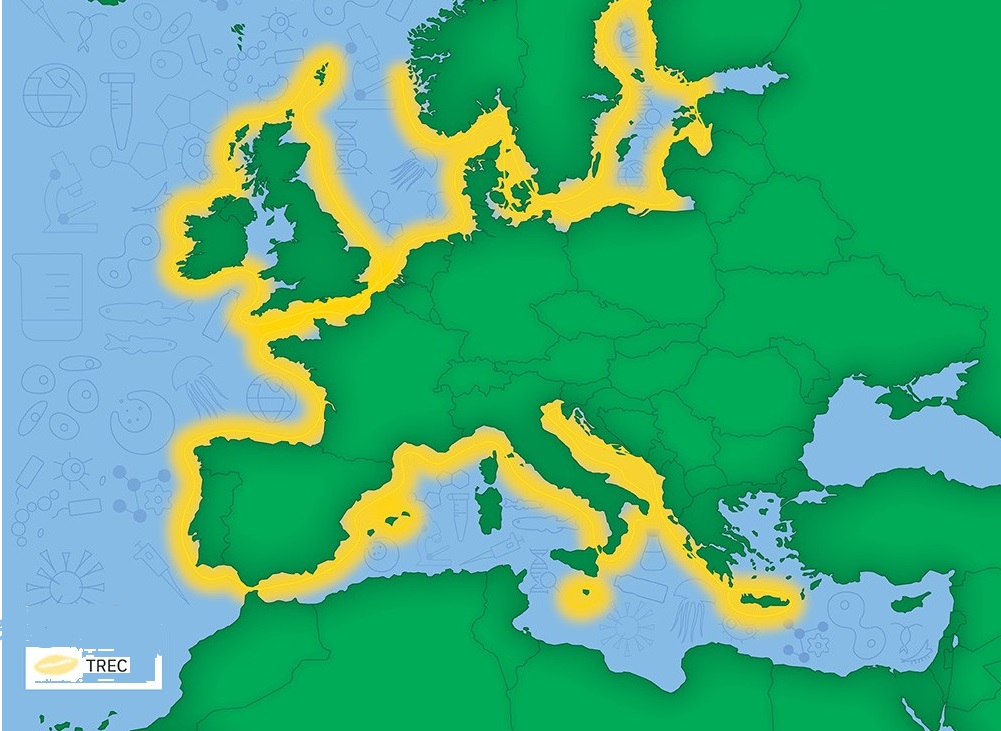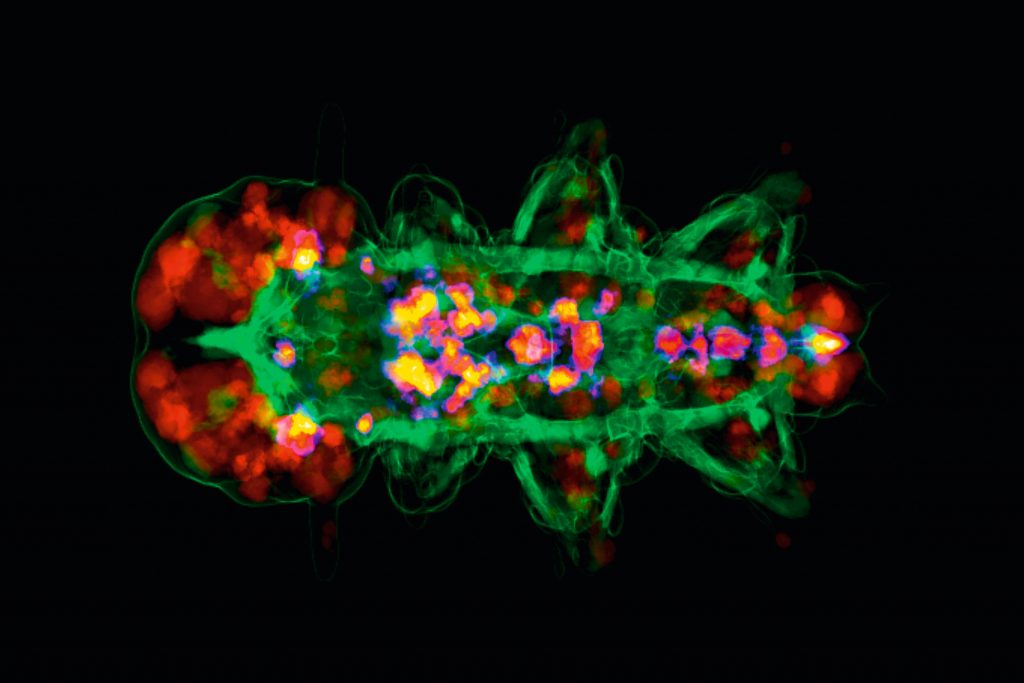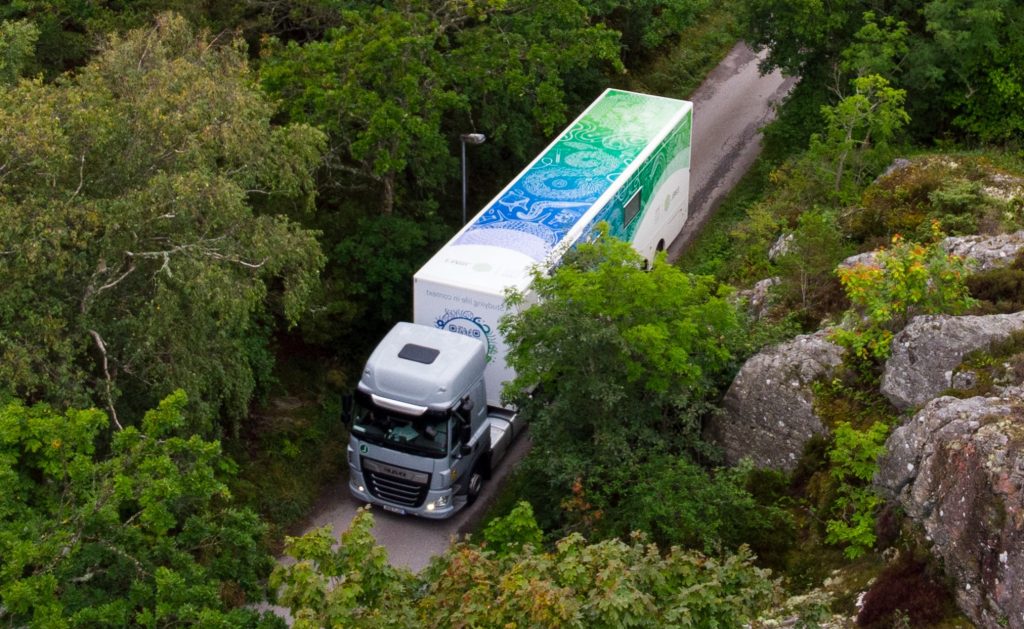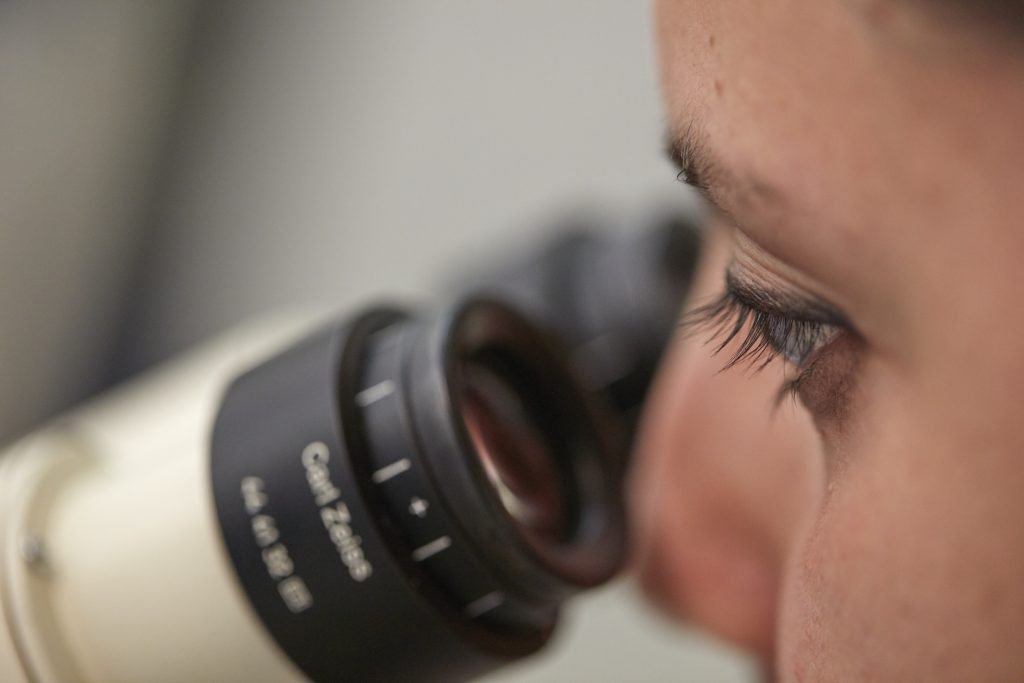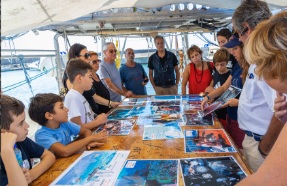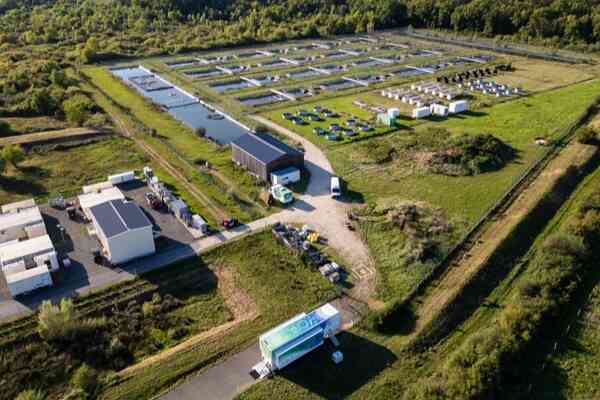Measure the amounts and study the effects of organic and inorganic pollutants.
A scientific voyage to address environmental challenges
With TREC, we embark on a journey through European coastlines to explore the biodiversity and molecular adaptability of microbial communities as well as key selected organisms. We focus on coastal habitats as they are the richest in species biodiversity and they also often present the highest levels of pollution.
By combining the expertise and infrastructure of EMBL and our multiple European partners, TREC aims to initiate a new era of coastal ecosystems exploration. The goal is timely and ambitious – to observe, model, and understand the effects of changing environments on organisms and communities, at the cellular and molecular levels.
TREC is a flagship project of Planetary Biology, one of the transversal themes launched by EMBL’s new Programme “Molecules to Ecosystems” 2022-2026.
